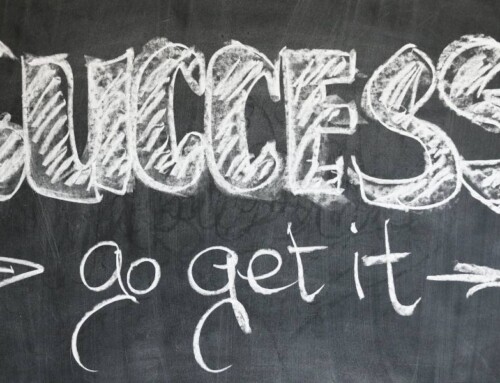“If you always do what you’ve always done, you’ll always get what you’ve always got.” ~ Henry Ford
Change, however inevitable, is seldom easy. Workplace changes are especially disconcerting because disruptions can inhibit our ability to perform to the standards expected of us. While some discomfort is only natural, prolonged or excessive resistance can negatively impact your professional standing. Avoid that pitfall by using these four simple emotional intelligence techniques.
Recognize why you are resistant.
One of the most common fears is a worry that failure to adapt immediately to a new system may portray you in a bad light. Overcome this by recognizing that everyone will be in the same boat and will face similar challenges. Understand that management anticipates growing pains with major changes – voice your concerns and work out a solution together. This could range from participation in learning programs to greater involvement in the implementation of the new system.
Assess the validity of your response.
We each have a unique perspective on what happens around us; different people can interpret the same events very differently. Make an effort to dispassionately assess your adverse response – is it inspired by fear, anger, and/or resentment? Once you have isolated the emotion(s) behind your visceral reaction to the change, ask yourself whether your response is warranted. When you have a clear understanding of your path to how you feel, it is much easier to replace negative feelings with positive ones.
Acknowledge your shortcomings.
This is arguably the most difficult strategy because it involves a fundamental shift in the way we think. For that very same reason, it is also the most effective. Avoid instinctive reactions to announcements of change, particularly vocal reactions that draw unnecessary attention. Be aware of how your personality and preferences may be clouding your judgement. Once you identify these tendencies, free yourself from their grasp and give yourself the opportunity to grow and improve with the changes taking place around you.
Attitude is everything.
A positive attitude is almost magical in its ability to transform situations and materialize even more positivity. When changes weigh on you, extract yourself from your regular train of thought and consider the potential advantages that change can bring. Will the new system bring with it new opportunities for career and personal growth? Will the new skills you have to master and the people with whom you will have to interact make you a better employee and leader? The answers to the questions are almost always an emphatic “yes!”
By incorporating these four emotional intelligence strategies into your life, you can make the transition from passive observer to proactive doer – a trait that every employer values.
Is your organization struggling with change? Please don’t hesitate to contact us at DeSantis Trusted Advisors.






